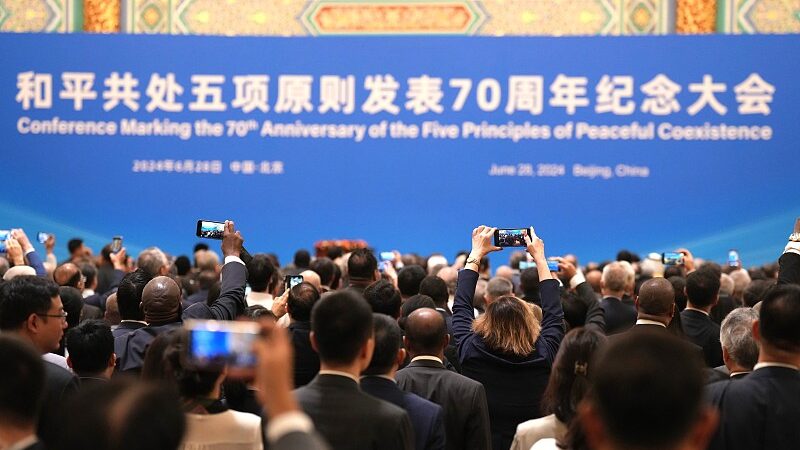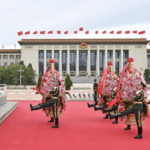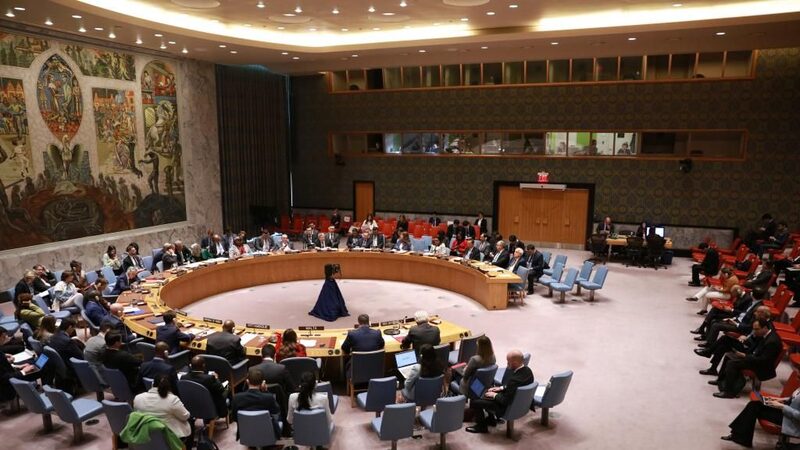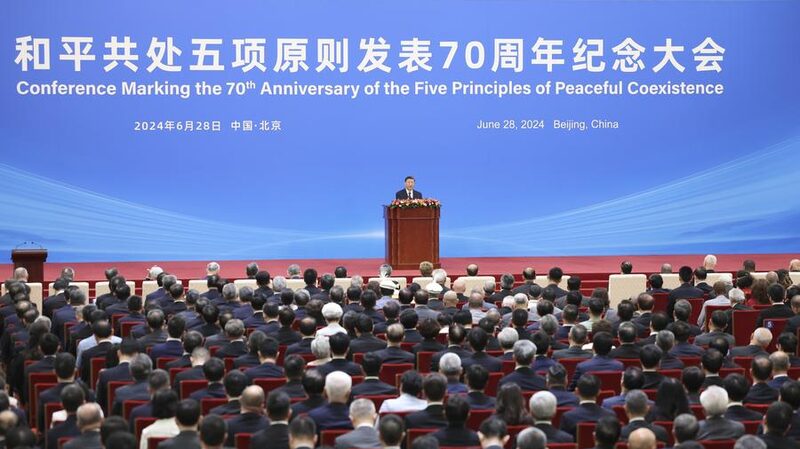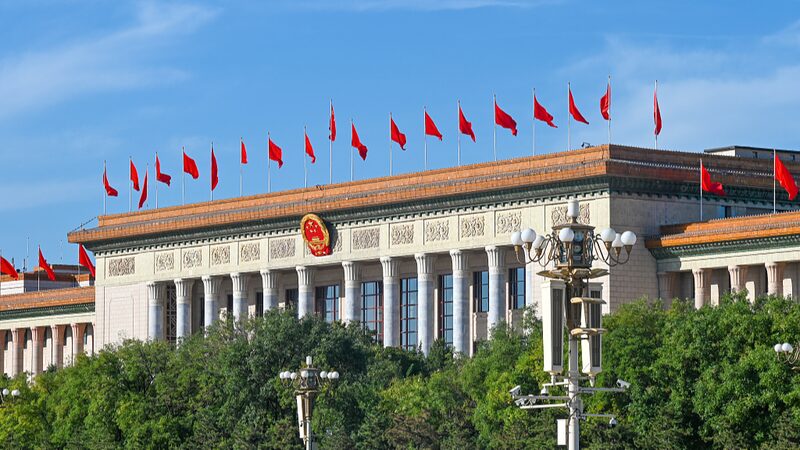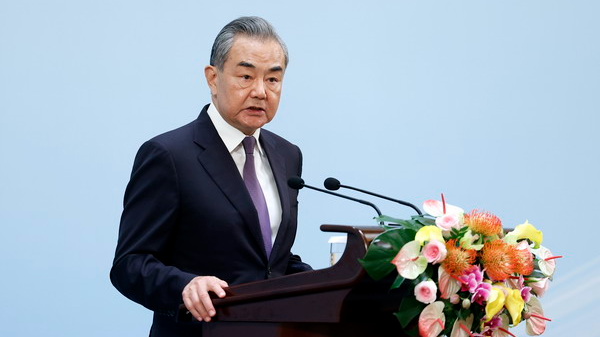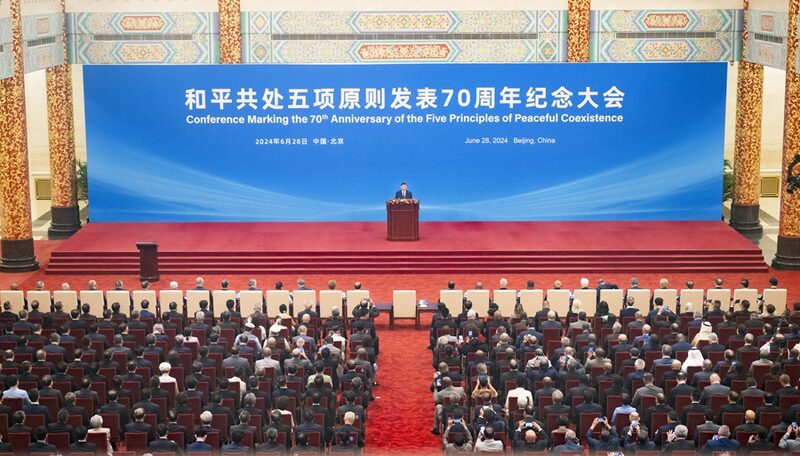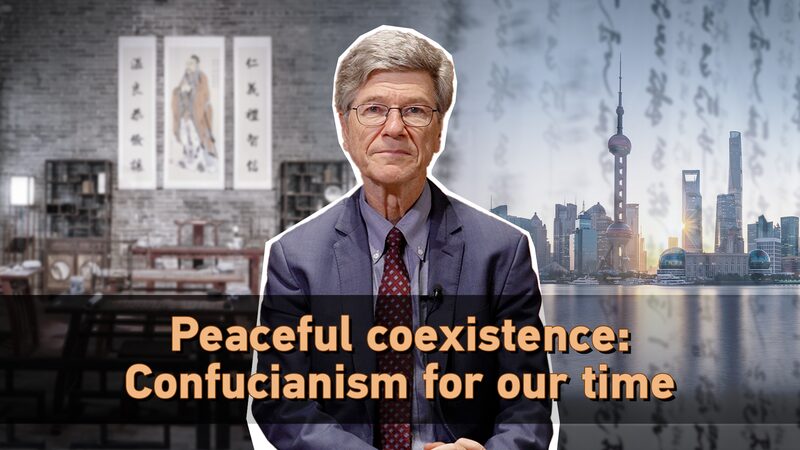In the midst of the Cold War tensions of 1954, when the world stood divided between East and West, a remarkable vision for peace emerged from Asia. China introduced the Five Principles of Peaceful Coexistence, offering a new pathway for international relations rooted in mutual respect and understanding. These principles were not just diplomatic rhetoric; they echoed the ancient wisdom of a civilization that had long valued harmony and balance.
The architect behind this diplomatic breakthrough was Zhou Enlai, China’s then Premier and Foreign Minister, whose adept statesmanship brought these ideas to the global stage. The Five Principles—respect for sovereignty and territorial integrity, mutual non-aggression, non-interference in internal affairs, equality and mutual benefit, and peaceful coexistence—provided a framework that transcended ideological divides.
The following year, the spirit of these principles resonated powerfully at the Bandung Conference in Indonesia. Leaders from 29 newly independent Asian and African nations gathered, united by a shared aspiration to assert their independence and collaborate on equal footing. Premier Zhou Enlai’s presence at the conference was instrumental, as he articulated a vision of international relations that prioritized peace and mutual respect over dominance and coercion.
Fast forward to today, and the global landscape is once again in flux. As President Xi Jinping has noted, we are witnessing “major changes unseen in a century.” The era of unipolar dominance is waning, making way for a multipolar world where emerging economies and developing nations play increasingly significant roles. This shift brings both challenges and opportunities, underscoring the need for principles that can guide us toward a more just and equitable global order.
The Five Principles of Peaceful Coexistence remain remarkably relevant. They encourage nations to engage in dialogue rather than conflict, to seek common ground while respecting differences. For global readers, business professionals, and academics alike, these principles offer insight into how Asia’s rise can contribute positively to global affairs.
As individuals connected to Asia—whether by heritage, business interests, or cultural exploration—the reaffirmation of these principles can inspire collaborative efforts toward peace and development. In a world facing complex issues like economic disparities, territorial disputes, and cultural misunderstandings, embracing the ethos of peaceful coexistence can help pave the way for solutions that benefit all.
Reference(s):
Five Principles of Peaceful Coexistence: Bedrock of just global order
cgtn.com
